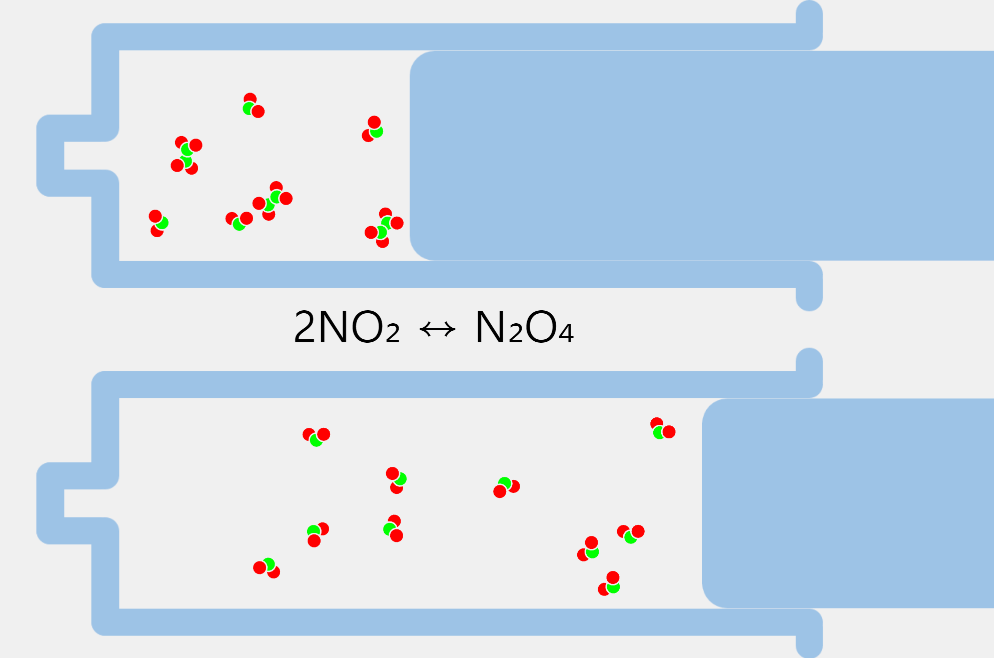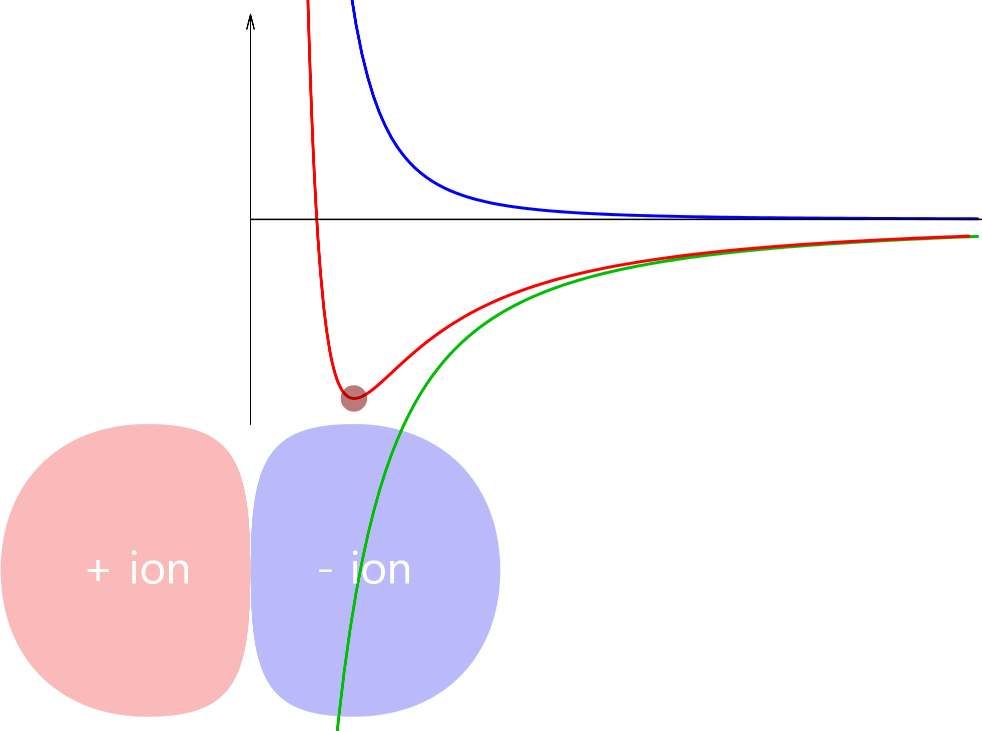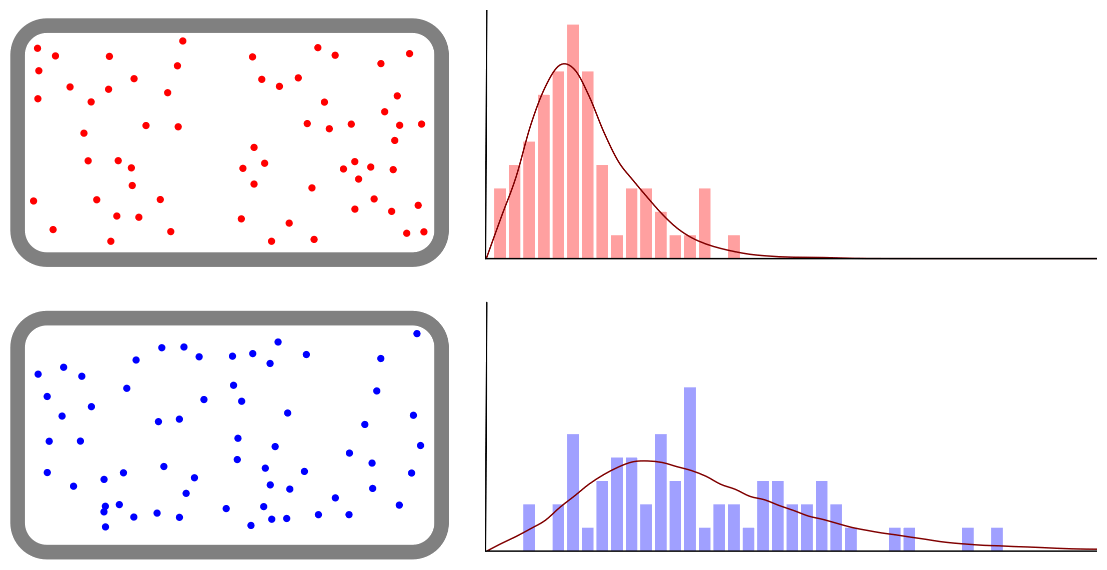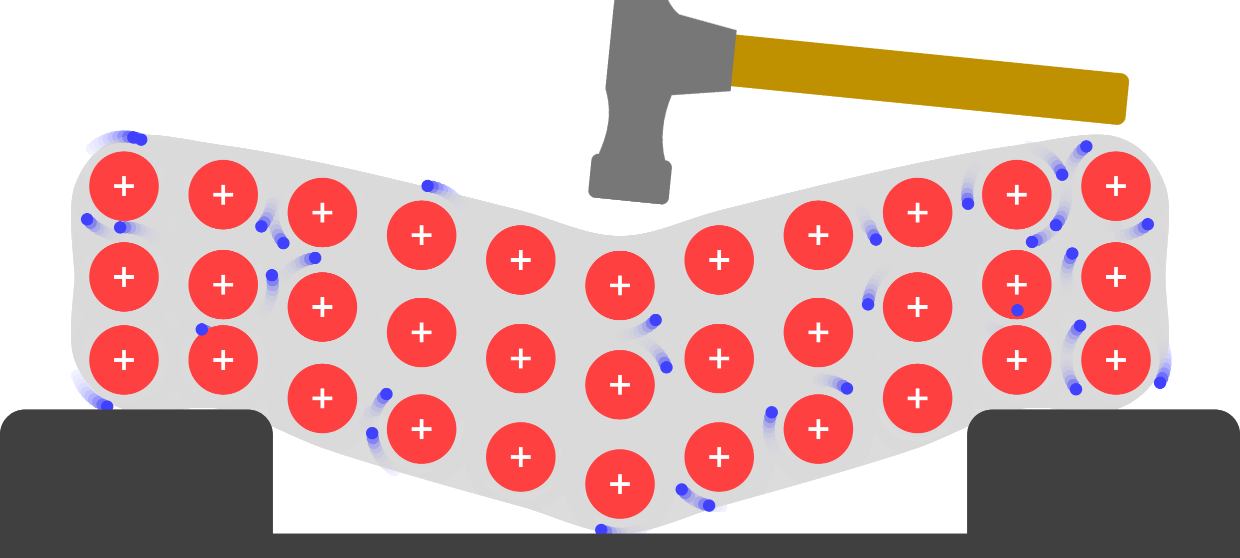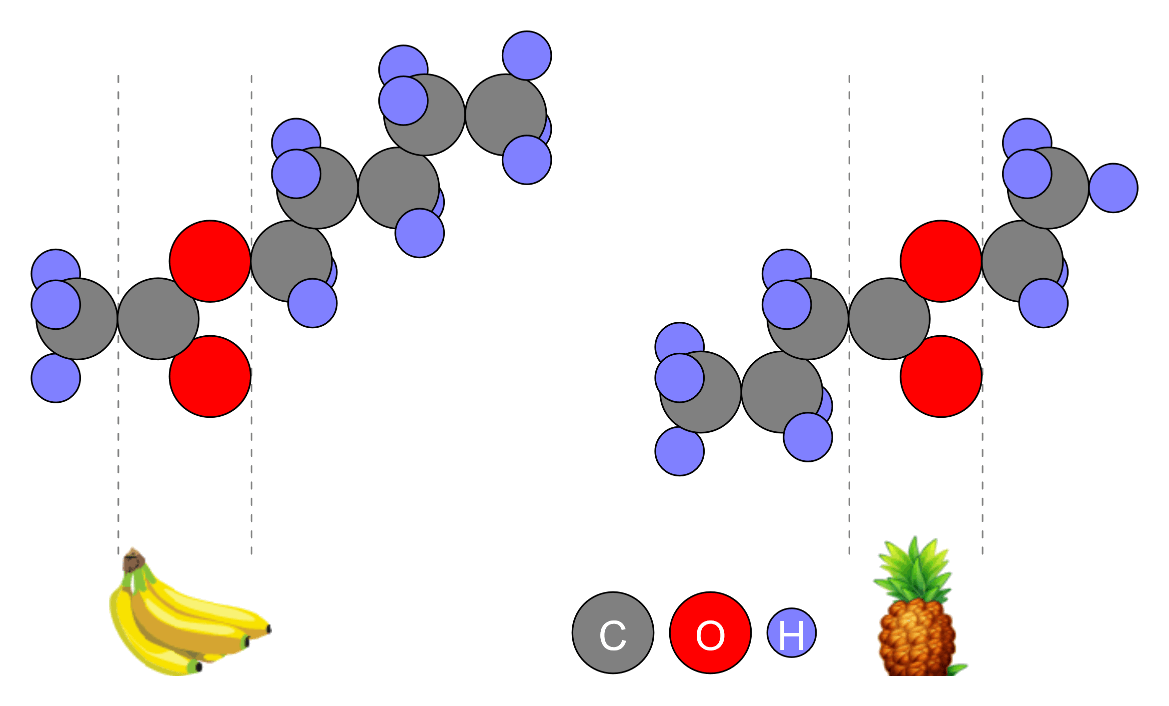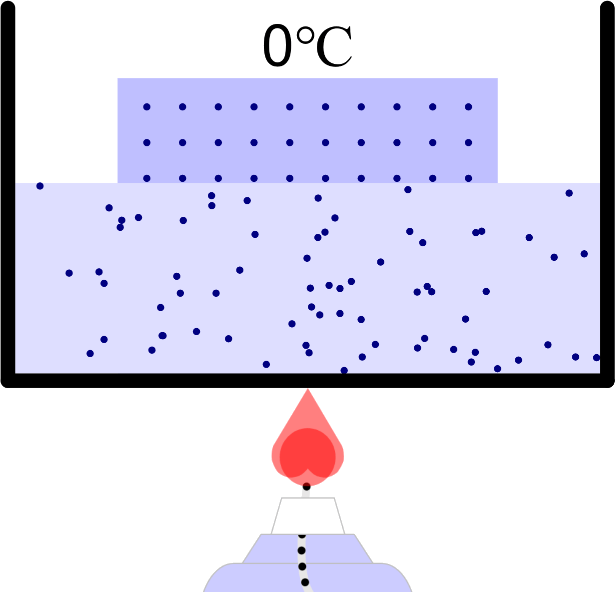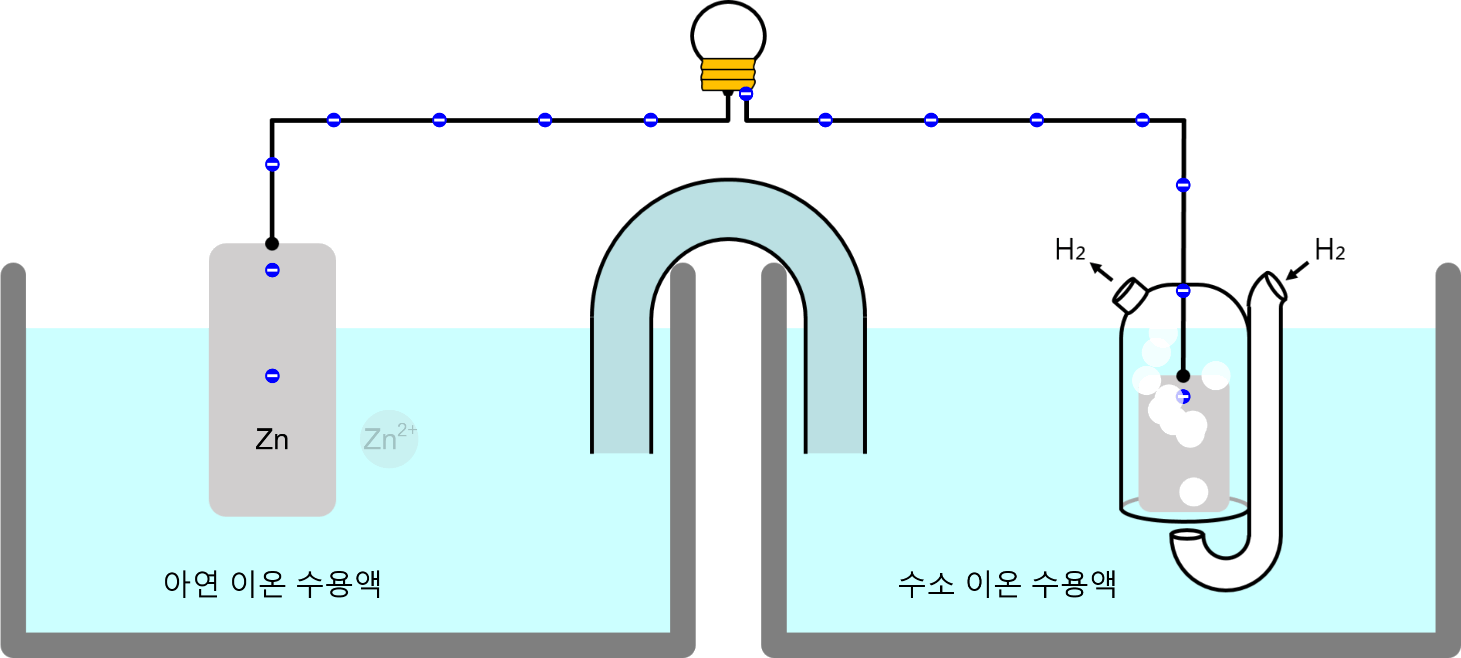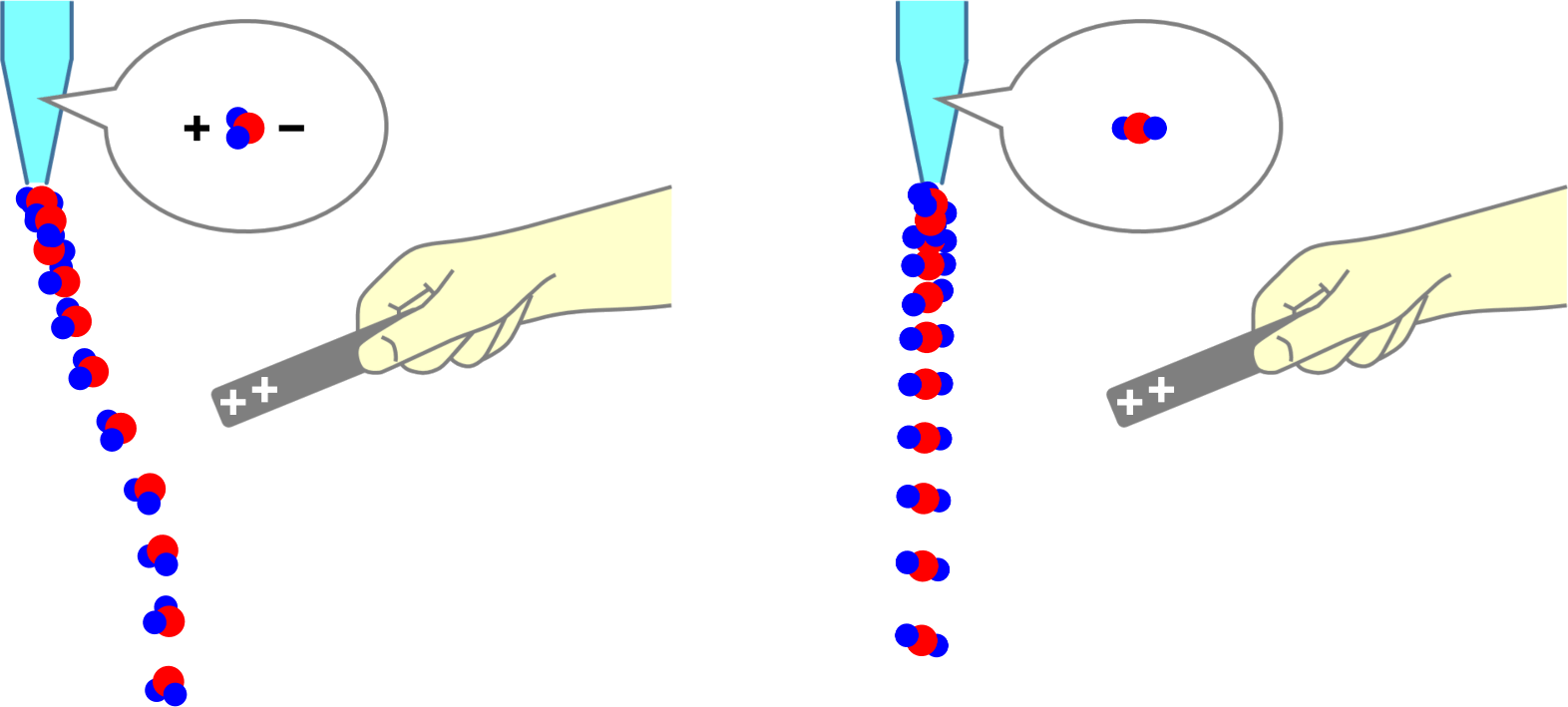Chemical Reactions in Gas Phase – Ammonia Synthesis
Ammonia synthesis process Ammonia is a widely used material, such as fertilizers, plastic materials, medicines, and daily necessities. Currently, ammonia is being mass-produced at factories. However, when we did not know how to synthesize ammonia in … more


